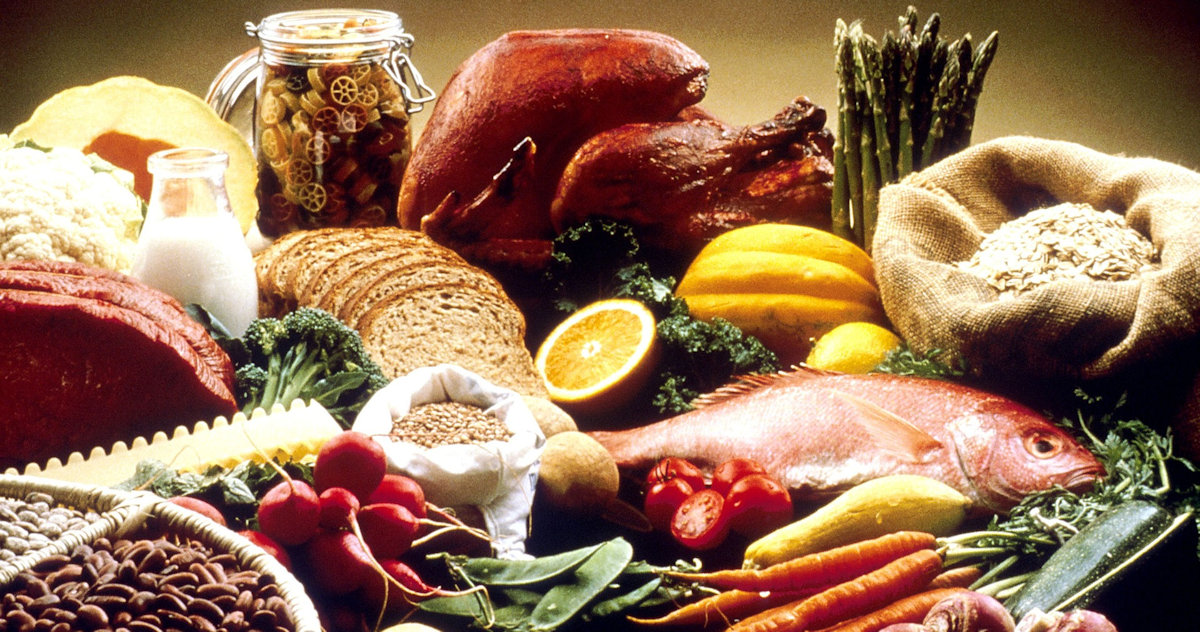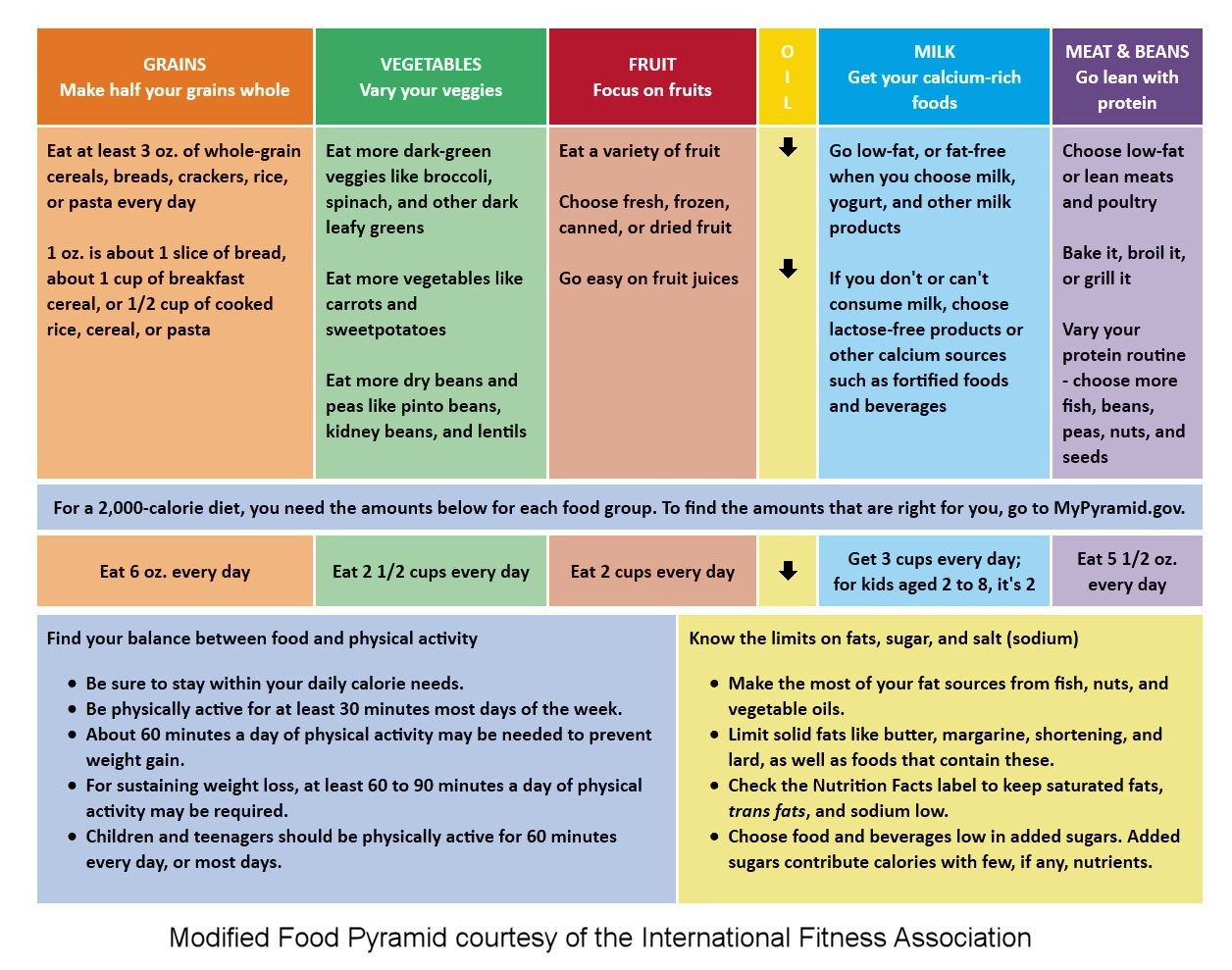Nutritional Requirements

Your basal metabolic rate is the basic minimum number of calories that are required to maintain your body weight based on average body composition. To calculate your basal metabolic rate: Basal Metabolic Rate (BMR) = 24 x Weight (lb)/2.2 OR Basal Metabolic Rate (BMR) = 24 x Weight (kg) The BMR is then multiplied by a number representing the individuals activity level:  Generally, eating more than this number of calories increases weight and less than this number allows weight reduction. However, BMR does not take into account extremes of activity or inactivity. Therefore, BMR should be used as a approximation. Various activities will increase caloric requirements above the BMR. The following table shows the approximate amount of calories required for a 135-pound individual performing the following listed activity for 1 hour:  Protein, Carbohydrate And Fat Dietary Requirements
Proper nutrition requires a balanced intake of Protein, Carbohydrates and Fat. Protein and Carbohydrates are both 4 calories per gram. Fat is 9 calories per gram. An example follows for a daily caloric requirement of 2000 calories. The amount of grams of each will vary according to your daily caloric requirement (based on BMR). However, the percentages should remain the same for all. The following example is for a daily caloric requirement of 2000 calories:
USDA MyPyramid Food Guide
 |

